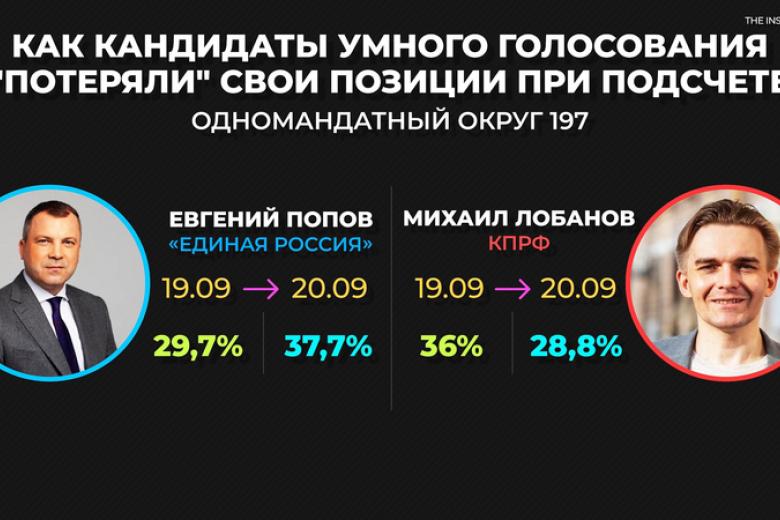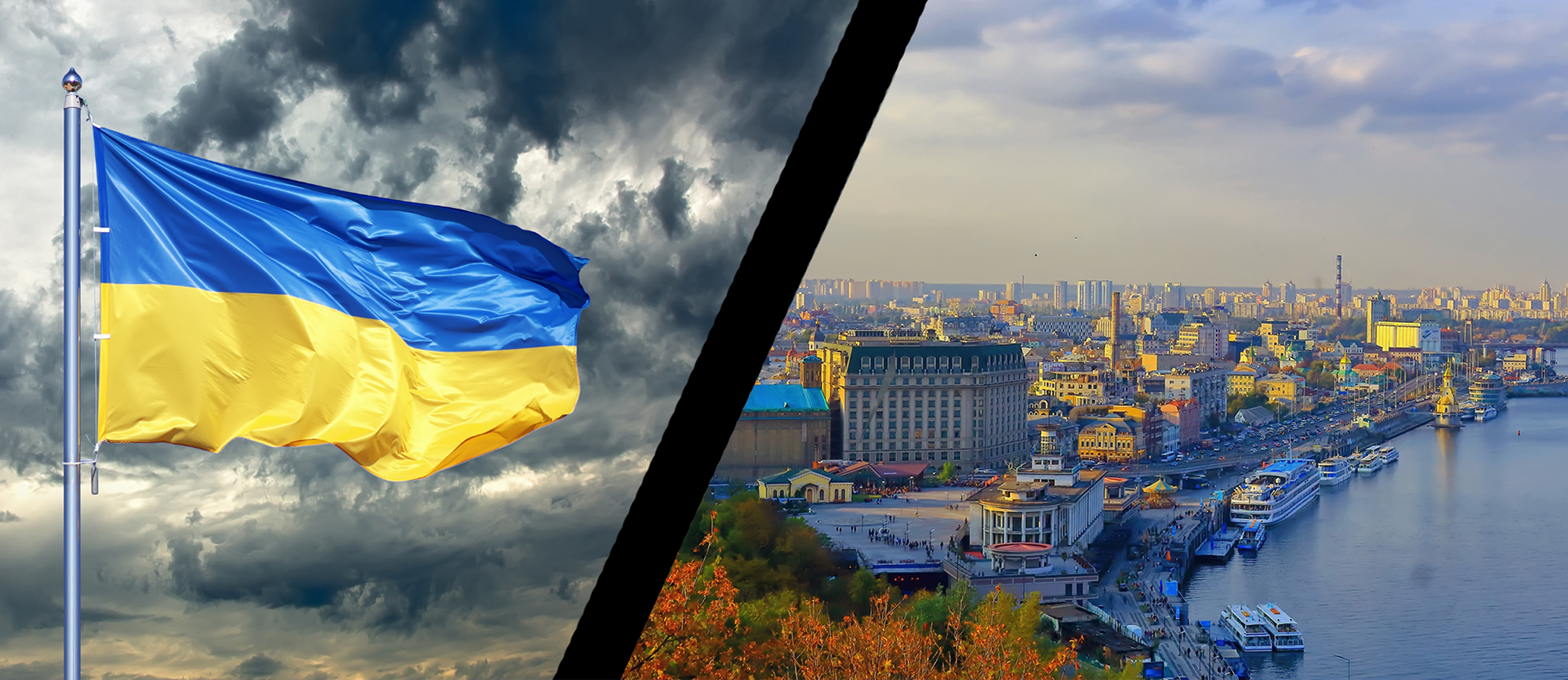War in Ukraine
We are shocked and deeply saddened by the Russian invasion of Ukraine. We are supporting our students and staff from the region and welcome any aid initiatives launched from within our community. Maastricht University is trying to contribute all it can on an institutional, faculty and individual level.
- UM Executive Board - statement of support (25 Feb)
- Collective statement of Dutch universities (25 Feb)
- Young Universities for the Future of Europe (YUFE) - statement of support (3 March)
- Dutch knowledge institutions suspend partnerships with Russia and Belarus (4 March)
Latest update: 3 October 2022
Support for UM students and staff
Maastricht University’s Executive Board has sent letters to students and staff coming from Ukraine, offering them support and practical information. Students and staff from Russia and Belarus have also been contacted and offered support.
Students
Finance and study
For problems related to your studies, as well as financial issues, please contact your study adviser(s).
Health and well-being
The UM offers psychological support and health counselling to students in addition to general student guidance. Students with a Displaced Persons status are entitled to medical care under the Medical Care Scheme for Displaced Persons from Ukraine.
Visa
The Dutch Immigration Service will be lenient towards Ukrainian students and staff whose residence permits are about to expire.
Students who arrived in the Netherlands since the start of the war can apply for a Displaced Persons status under the Temporary Protection Directive.
General information on visa and residence permits - for assistance, please contact: visa@maastrichtuniversity.nl
Staff
Finance and work
For immediate assistance on work-related or financial issues, please contact your manager or supervisor.
Employees who house refugees may be eligible for special leave during the acclimatisation period. More information can be found via intranet.
Health and well-being
For psychological support or other health advice, please contact the Staff Career Centre (SCC).
Visa
The Dutch Immigration Service will be lenient towards Ukranian students and staff whose residence permits are about to expire.
The Knowledge Centre for International Staff (KCIS) can help with immigration procedures such as a return visa to the Netherlands.
Aid for Ukrainians in need
- Giro555
You can also make a financial contribution to Giro555, the joint bank account of the Dutch aid organisations (including the Red Cross).
- Shelter
If you are in a position to give refugees a temporary shelter, please contact Takecarebnb.
- Psychological help to victims of the war in Ukraine
Support Human Rights in Mental Health – FGIP Federation Global Initiative on Psychiatry.
pdf
- Help the children of Ukraine
Donate to Maternity Hospital Leleka in Kyiv - more on Generate your Muscle.
- Students for Ukraine
Student initiatives that focus on providing humanitarian help to Ukrainians in need - read more on this Instagram page.
- Helpukraine.center
Ukrainian entrepreneurs collect medicines and goods. Donations are welcome through the German Ernst Prost Foundation - read more on this website.
- Doctors of the World
Providing vital aid both within Ukraine and at the borders - read more on this website.
- Ukraine Eversley Foundation
Collects and sends humanitarian aid for children, the elderly, rescuers and hospitals in Ukraine. Netherlands office in Hilversum. More on this website.
(This overview will be updated on the basis of new initiatives and relief efforts)
Other initiatives at UM
Aid drive
First there was the aid drive set up by two UM students. They recently joined the national student initiative Students for Ukraine, which also runs a collection point in Maastricht for humanitarian aid for Ukraine. Please see this list of needed relief supplies.
Venue and time:
Refugee Project Maastricht: Keizer Karelplein 5, Monday to Friday between 09:00-14:00
It is strongly suggested delivering the goods already sorted, so it will substantially accelerate the entire process.
Helping scientists in need (continuous)
As a sign of its solidarity with fellow academics in Ukraine, Russia and Belarus, UM is currently exploring ways for direct support in collaboration with national and international organisations. UM is affiliated with Scholars at Risk and UAF.
- Relief effort database
UM and UvA students are putting together a database of relief efforts for Ukraine and its refugees fleeing the war.
Initiated by INTERNaction and KAN Maastricht, the database currently has the shape of a Google spreadsheet, but will soon be a full-fledged website: Google spreadsheet Help Ukraine Now
Your aid initiatives can be submitted via this link: Your aid effort.
- Crowdfunding campaign: support Ukrainian scholars at FASoS
In light of the Russian invasion of Ukraine and the threat the war poses on civilians, including academics, the Faculty of Arts and Social Sciences (FASoS) at Maastricht University has launched a crowdfunding initiative to support fellows from the Ukraine to spend 6 months at FASoS to conduct and present research and collaborate with other researchers.
Read more and support this campaign.
- Faculty of Law: support for Ukrainian law academics
The Faculty of Law of Maastricht University offers five 4-year fulltime paid PhD positions that are also available to students from Ukraine. In addition, the faculty is in contact with a number of colleagues in Ukraine to assess what help and support they need.
- Studium Generale | Lecture Series - The War in Ukraine
Robert Serry, the first Netherlands Ambassador to Ukraine, traces back the historical origins of the war, discusses possible scenarios for ending the war and looks into the future of Ukraine.
| 29 September | How did the Unthinkable Happen and What are the Historical Origins of the Conflict? |
| 6 October | History in the Making: Possible Scenarios and Potential Negotiation Strategies for Ending the War |
| 13 October | Rebuilding Ukraine and the Key Role of the EU and other International Organisation |
Karl Dittrich Hall, Student Services Centre, Bonnefantenstraat 2 Maastricht, 19:30-21:30
UM in the media on Ukraine
Background and analysis - selection
How Russia’s war against Ukraine is challenging the EU
A workshop on the impact of the Russian invasion of Ukraine on EU law. The event was PhD candidates at the Maastricht Centre for European Law (MCEL).
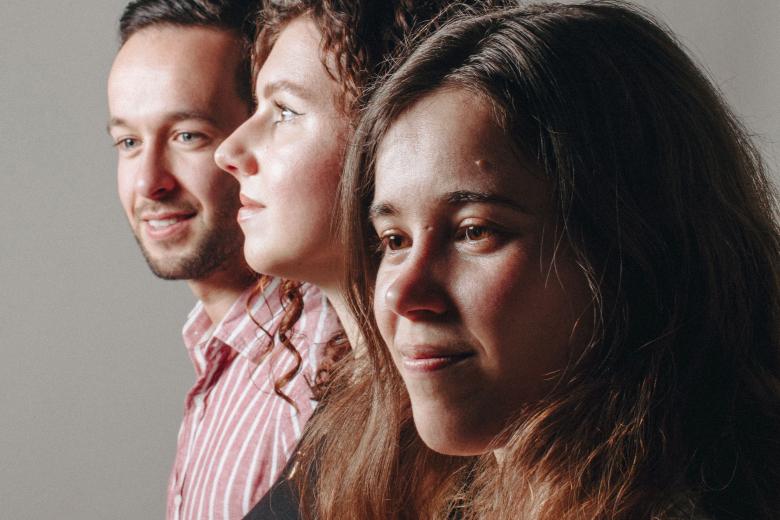
Ukrainian doctors visit Maastricht to modernise their medical education
An enthusiastic Ukrainian delegation of healthcare educators has visited UM and MUMC+ to explore the education, training, and development of healthcare workers within the Dutch education system.
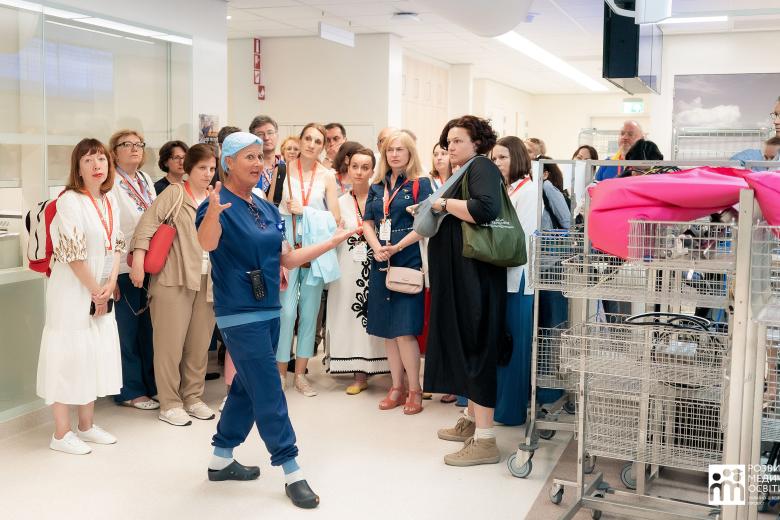
Let’s generate a brain drain out of Russia
Professor Luc Soete, former rector magnificus of Maastricht University, is in favour of sanctioning the Russian science system by “trying to steal their best scientific brains”. He calls for the “exact opposite of sanctions in terms of individual scientists”.
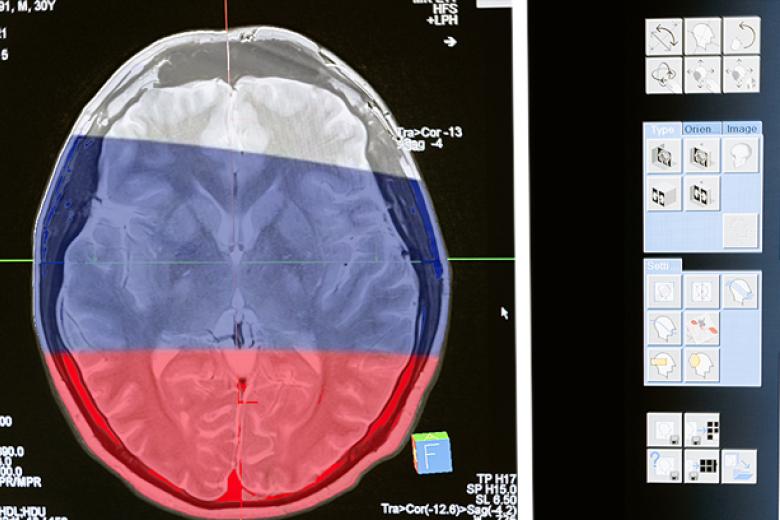
Ukraine Displacement Update 3
Putin's war has displaced a quarter of the Ukrainian population, both internally and internationally. But in recent months, many have returned to the country, some to join the fighting. Here's the latest update from Melisse Siegel, Melisse Siegel, Head of Migration Studies at UNU-MERIT.
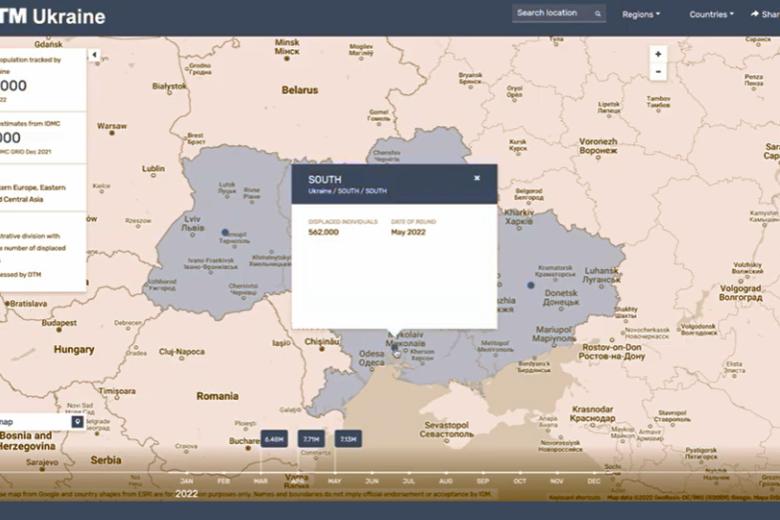
The case for selective scientific sanctions
International scientists argue that certain collaborations with Russian scientists should not be counted as additional victims of the war in Ukraine. Dr Luc Soete, honorary professor at UM, argues that scientific sanctions should take a more selective, case-by-case approach.
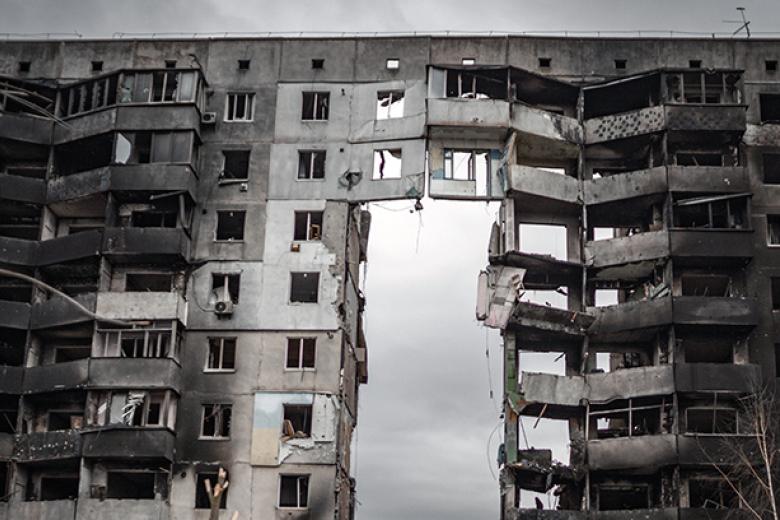
Ukraine and the ideal European Union
The war in Ukraine is a wake-up call for the EU. President Zelensky does not tire of rubbing it in: this is the moment for European solidarity. But what does that mean in practice? European History professor Mathieu Segers gives his answer on Dutch television.
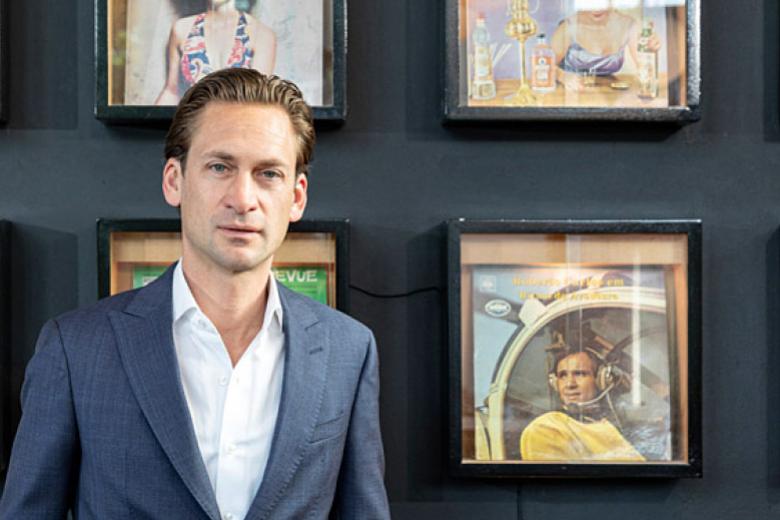
Ukrainians flee the war, with an HIV epidemic in their wake
Ukrainians are fleeing the war in droves, taking with them serious diseases such as HIV to the countries that receive them. This creates new challenges but also offers new opportunities to eliminate HIV by 2030, says UM researcher Kai Jonas.
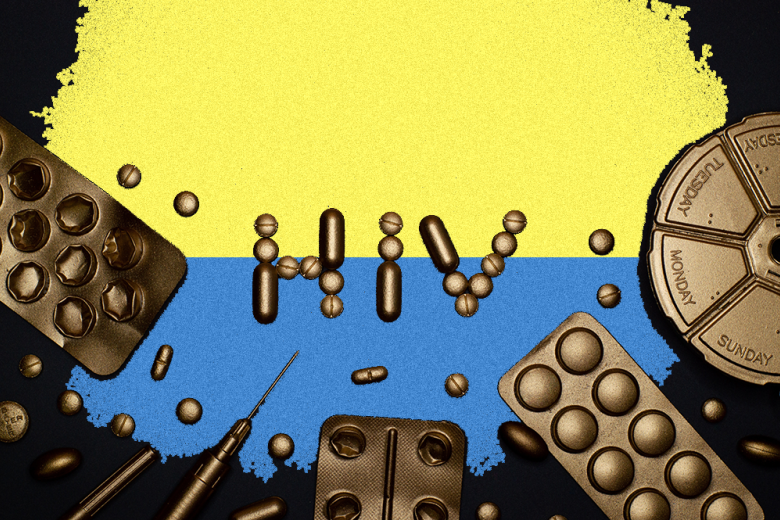
Putin and Europe's far-right
How are the radical right-wing movements doing in Europe and why do they support Putin? Studio Europa Maastricht gets some answers from a French and a Hungarian expert. "Democracy is under attack". (Photo: www.kremlin.ru)
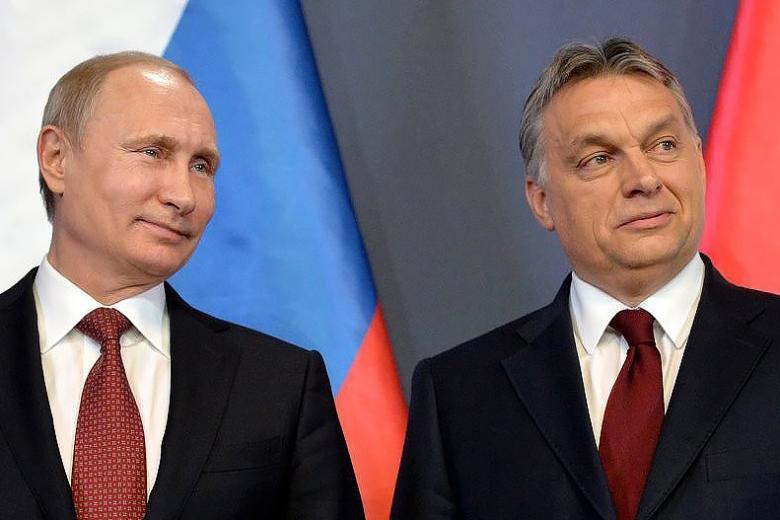
How strong is Russia's digital iron curtain?
Unlike China, Russia cannot rely on a thriving digital ecosystem of its own to replace Facebook, Instagram, Spotify and Netflix. UM cybersecurity expert Mariëlle Wijermars points at another problem for Russia: the brain drain of IT specialists.
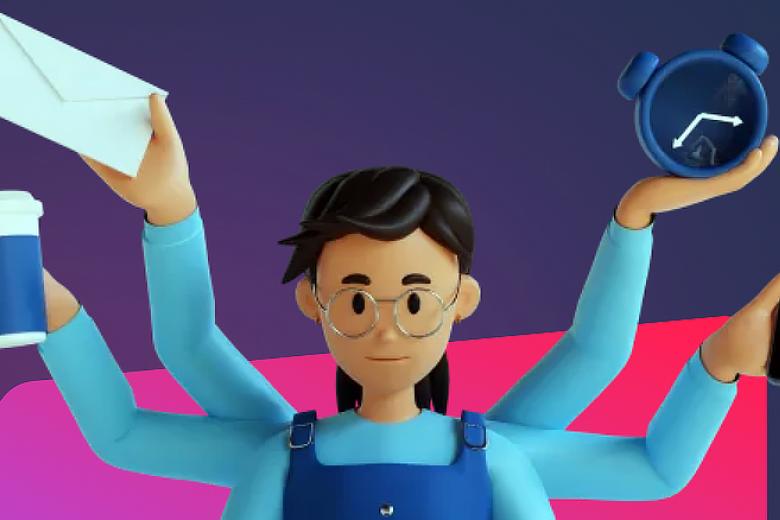
Melissa Siegel sheds light on the Ukrainian refugee crisis
Migration expert Melissa Siegel consistently uploads videos to YouTube related to her expertise to bridge the gap between academia and society. In her latest series she discusses the displacement of the Ukrainian population as a result of the war in Ukraine.
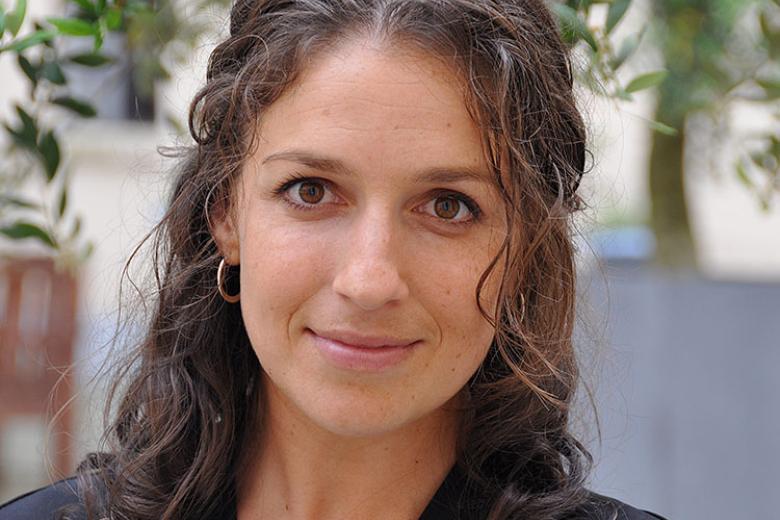
The logic and nonsense of Putin’s war
What possessed Vladimir Putin to start his war in Ukraine? Is there still a way to deescalate? FASoS’ Giselle Bosse on the anatomy of a humanitarian catastrophe.
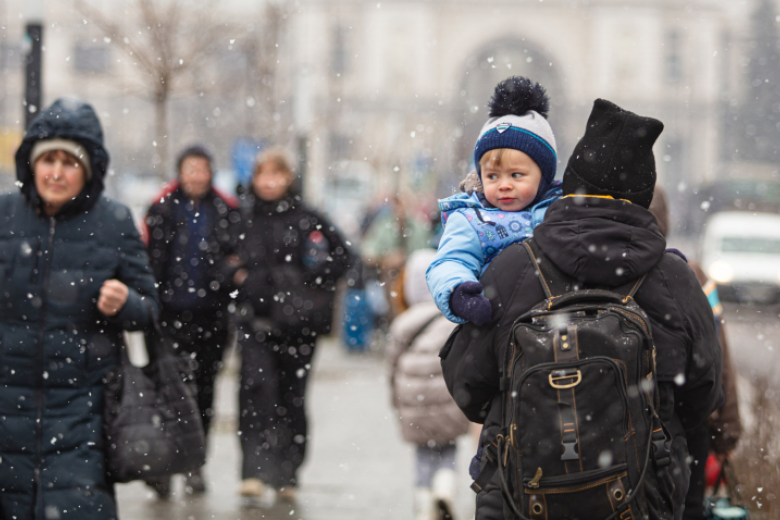
Putin's propaganda machine
Russia expert Mariëlle Wijermars says state media coverage of the war has gone through three stages: from denial to scant information to a constant flow of completely misleading information.
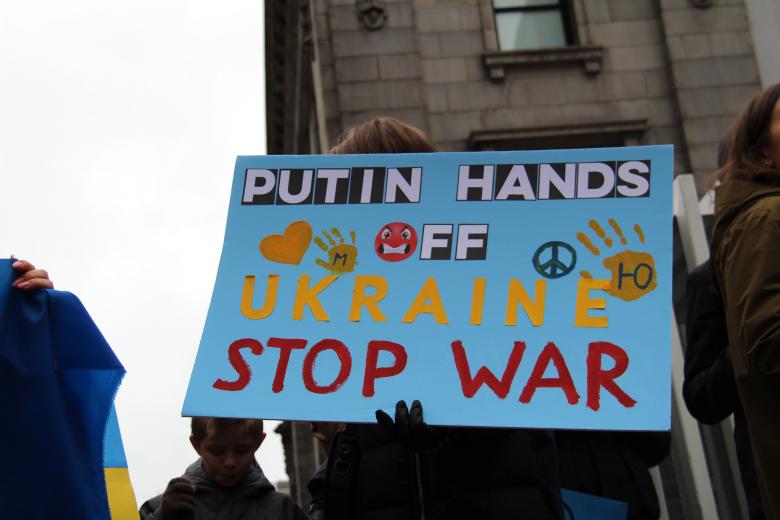
Disinformation on Telegram
The messaging service is now a favourite platform for state propagandists and security services. “Telegram is not helping resolve this scepticism,” says UM Russia expert Mariëlle Wijermars.
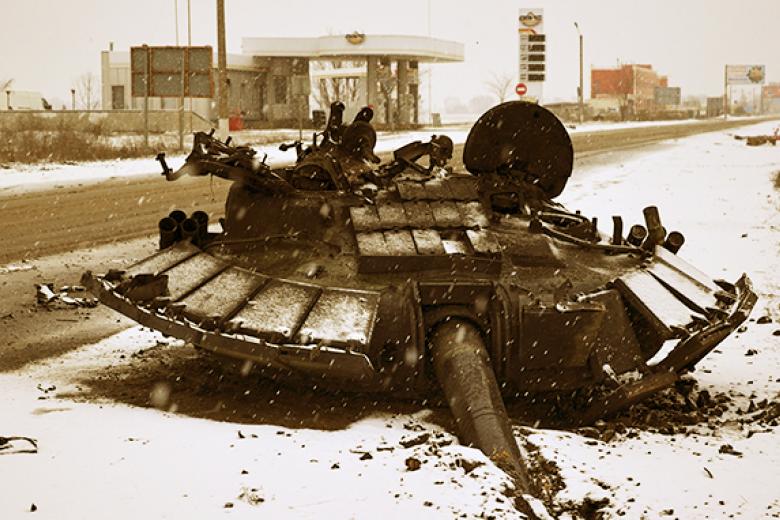
Russian scientists against the war
Breaking the bonds with Russian researchers extinguishes the sparks of change, says Olga Zvonareva, PhD researcher at the Department of Health, Ethics and Society (FHML) in Observant.
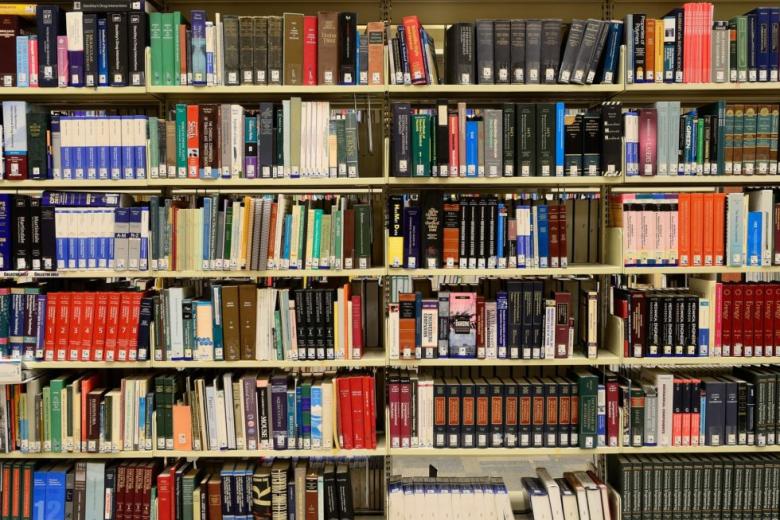
It's Putin, not the Russians
“The war is wrong,” say the family and friends of a Russian student at UM. Few dare speak their minds, as fear reigns in Russia.
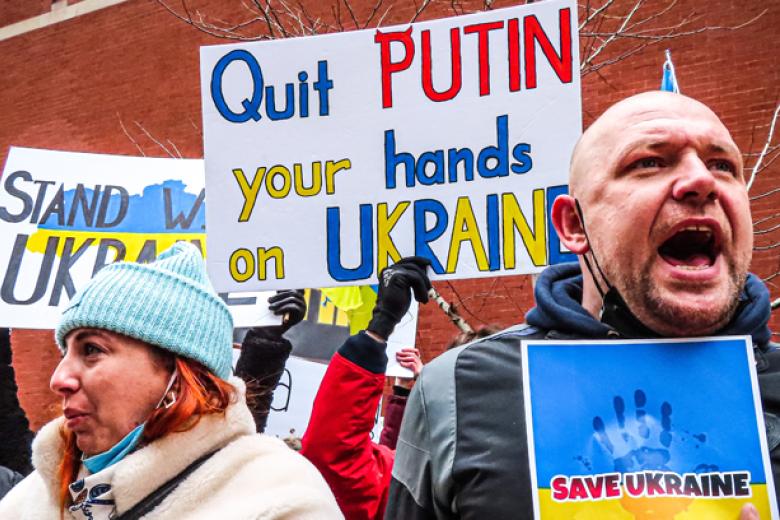
Why Russian people need tech companies to stay, not withdraw
Though some Ukrainian officials have called for tech platforms to cut ties with Russia, internet freedom advocates say that could have unintended consequences. Marielle Wijermars, UM lecturer on Cyber Security & Politics, also shares her view in this article. (Photo: Sasha Mordovets/Getty Images)
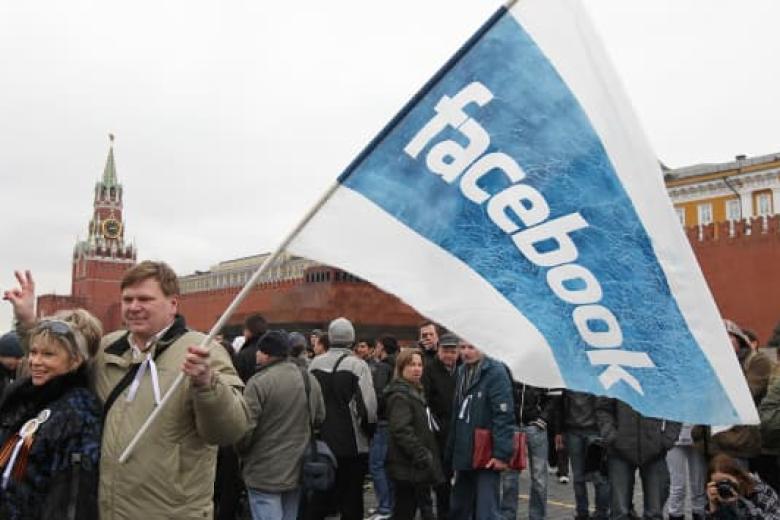
DisUnited Russia
Analysis of repression inside Russia focusing on politics, propaganda and post truth.
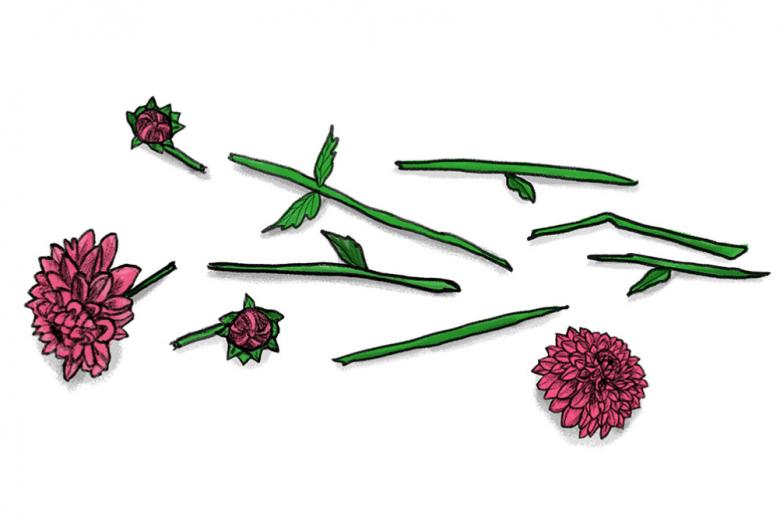
Chasing Russian hackers
How elusive are Russian hacker groups? UM lecturer on Cyber Security & Politics Mariëlle Wijermars shares her view on Dutch radio.
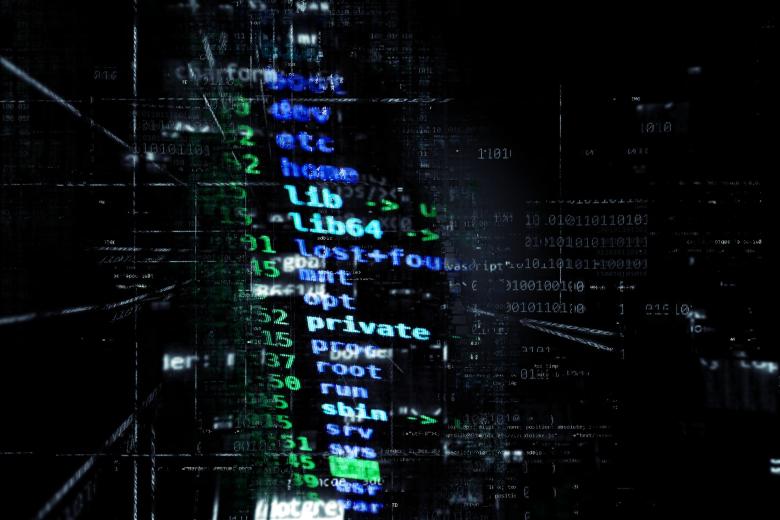
Big tech and the Kremlin
How tech giants Apple, Google and Telegram were put on a collision course with the Kremlin.
